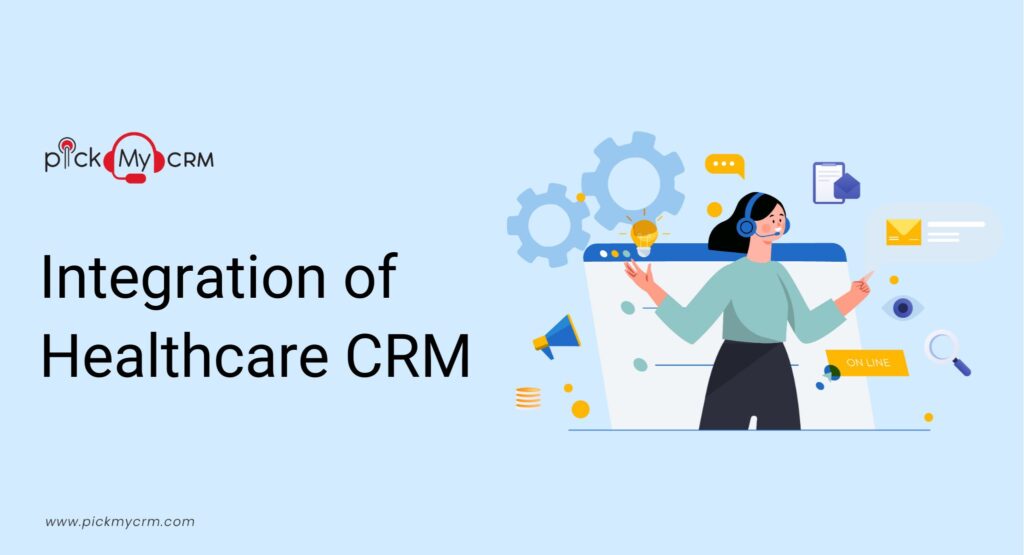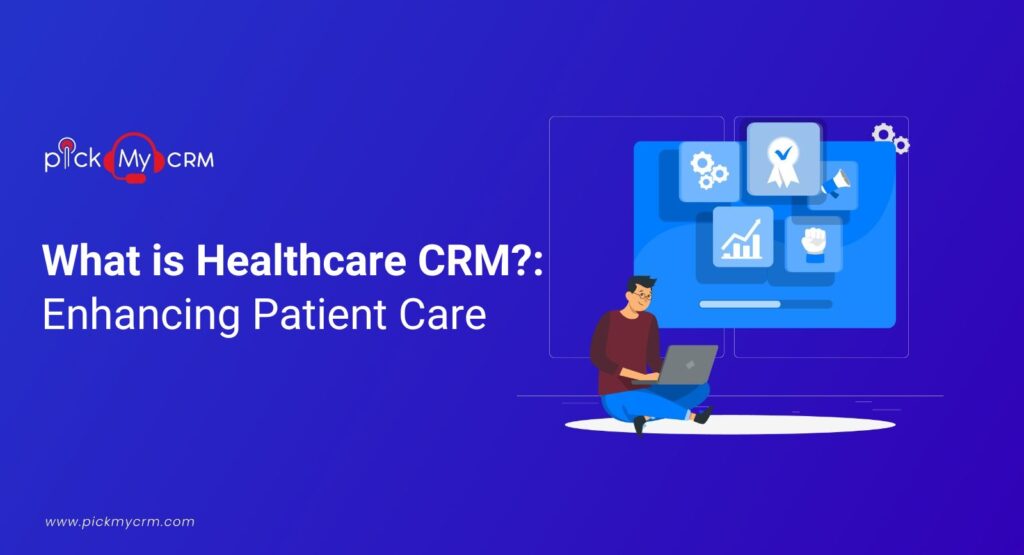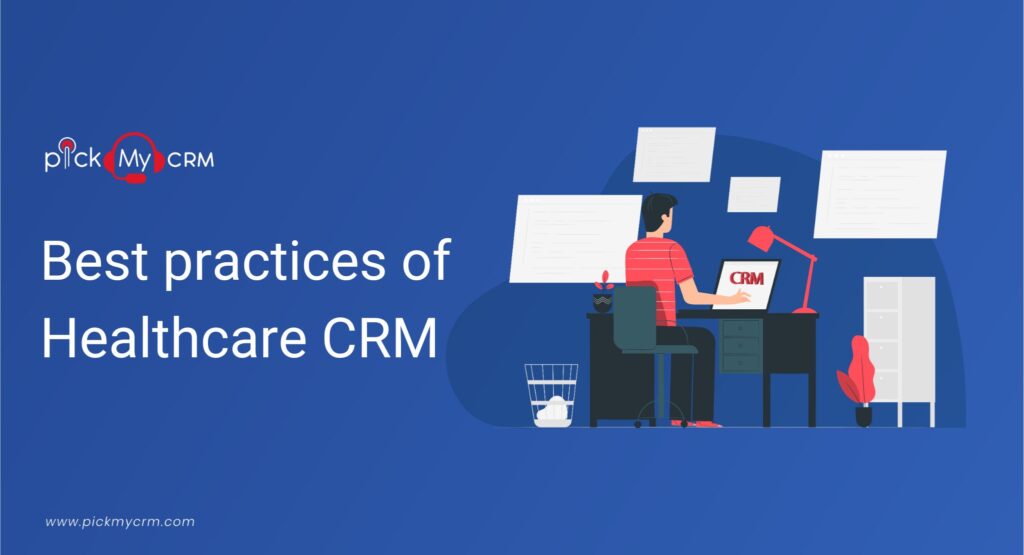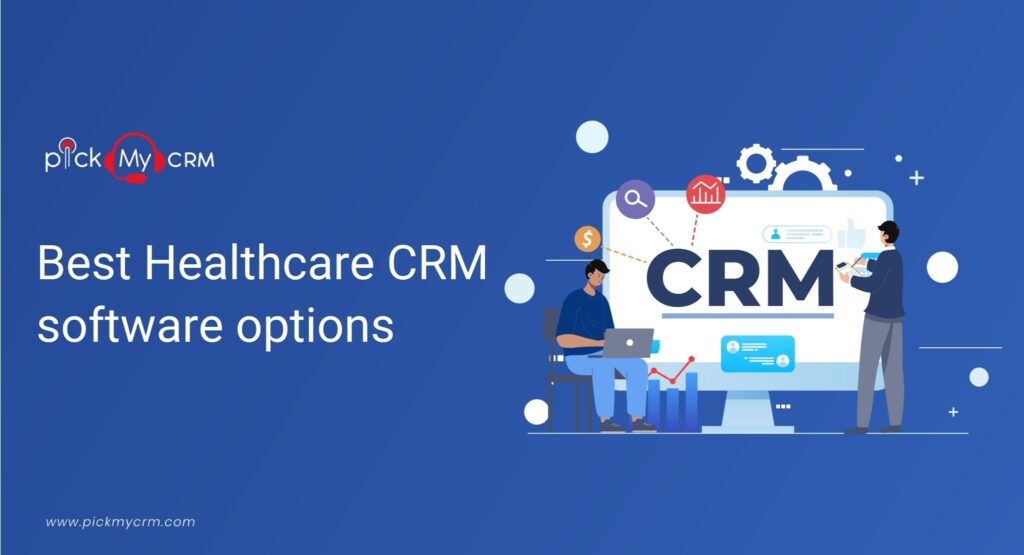Integration of Healthcare CRM

What is a healthcare CRM?
A healthcare CRM is a specialized software solution designed to optimize patient engagement, automate processes, and facilitate personalized care delivery. It serves as a central repository for patient data, allowing healthcare providers to track patient interactions, manage appointments, and analyze patient behavior patterns. The core objective of a healthcare CRM is to build and nurture long-lasting relationships between healthcare providers and patients. By capturing and analyzing patient data, such as medical history, demographics, and preferences, CRM systems enable healthcare organizations to tailor their services, anticipate patient needs, and provide proactive care.What is CRM integration?
CRM integration refers to the seamless connection between a healthcare CRM system and other software applications and databases used within a healthcare organization. It enables the exchange of data between different systems, eliminating silos and facilitating a unified view of patient information.Healthcare CRM integration:
Integrating a CRM system with other healthcare applications, such as Electronic Health Records (EHRs), appointment scheduling systems, and billing systems, can yield numerous benefits for healthcare providers. Here are some key advantages of healthcare CRM integration:1. Streamlined Workflow:
Integration eliminates the need for manual data entry and redundant processes, freeing up healthcare staff to focus on delivering quality care. Patient information automatically flows between systems, reducing administrative burden and enhancing efficiency.2. Enhanced Patient Experience:
By integrating CRM with EHR systems, healthcare providers can access comprehensive patient profiles, including medical history, medication records, and allergies, in real-time. This empowers providers to deliver personalized and informed care, leading to improved patient satisfaction and outcomes.3. Improved Communication:
CRM integration enables seamless communication between healthcare providers and patients. Integration with communication channels, such as email, SMS, and patient portals, allows for automated appointment reminders, personalized health tips, and follow-up notifications, fostering effective patient engagement.4. Data-driven Insights:
Integrating CRM with analytics platforms allows healthcare organizations to derive meaningful insights from patient data. By analyzing trends and patterns, providers can identify gaps in care, implement targeted interventions, and optimize operational processes to deliver better healthcare outcomes.5. Efficient Referral Management:
CRM integration can facilitate efficient referral management by enabling seamless communication and data exchange between referring and receiving providers. This ensures a coordinated approach to patient care, reduces delays and enhances care continuity.How to Integrate a CRM into Healthcare
- Preliminary Assessment: Commence with a meticulous evaluation of the healthcare organization's requirements. This involves identifying the specific objectives, data sources, and systems that necessitate integration.
- Select the Right CRM: Opt for a CRM platform tailored to the intricacies of healthcare. Notable options include Salesforce Health Cloud, Microsoft Dynamics 365 for Healthcare, and specialized healthcare CRM solutions, each offering distinct advantages.
- Data Harmonization: The bedrock of integration lies in the harmonization of data. This entails mapping data fields across systems, ensuring seamless data exchange. It's akin to orchestrating a symphony of data.
- Interoperability Protocols: Implement industry-standard interoperability protocols like HL7 (Health Level Seven) and FHIR (Fast Healthcare Interoperability Resources) to facilitate data exchange between CRM and Electronic Health Record (EHR) systems.
- Security Fortress: Fortify the integrated CRM system with robust security measures. The safeguarding of patient data is paramount, with adherence to stringent healthcare regulations, such as HIPAA, being obligatory.
- Custom Workflows: Tailor workflows to automate processes like patient onboarding, appointment scheduling, and billing. This streamlines administrative tasks, augmenting operational efficiency.



